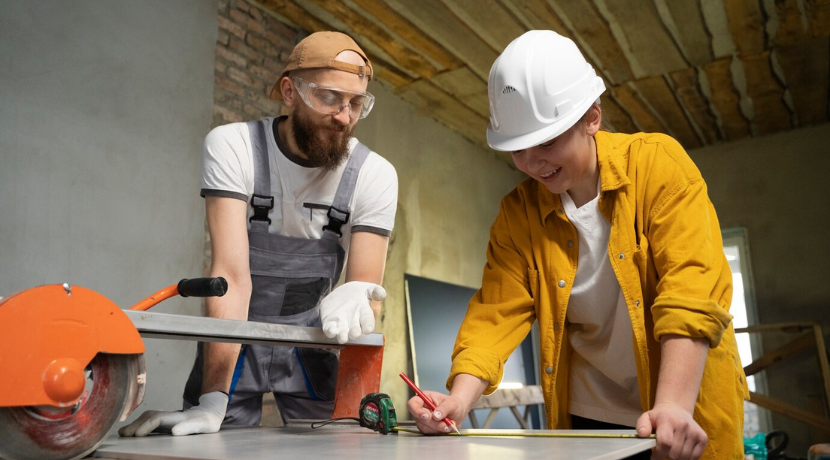Renovating a property in Spain can be a rewarding venture, whether you’re looking to create your dream holiday home, a permanent residence, or an investment property. However, navigating the renovation process in a foreign country can come with its own set of challenges. Here’s a comprehensive guide to help you successfully renovate a property in Spain.
Understanding Local Regulations
- Planning Permissions: Before you start any renovation work, check if you need planning permission (permiso de obra). For minor alterations, you may only need a simple notification, but major renovations or structural changes will require more extensive permissions.
- Building Regulations: Familiarise yourself with local building codes and regulations. These can vary significantly between regions and municipalities. Ensuring compliance is essential to avoid fines or legal issues.
- Historic Properties: If your property is classified as a historic building, there may be additional restrictions and requirements for renovations. Consult with local heritage authorities to understand these guidelines.
Hiring Professionals
- Architects and Engineers: For significant renovations, hiring an architect or engineer is advisable. They can help design the project, obtain necessary permissions, and ensure the work meets all regulatory standards.
- Contractors and Builders: Choose reputable contractors with experience in the local area. Get multiple quotes and check references to ensure quality and reliability.
- Legal Assistance: Hiring a local solicitor who specialises in property law can help navigate contracts, permissions, and any legal matters that arise during the renovation.
Budgeting and Financing
- Cost Estimation: Create a detailed budget that includes all aspects of the renovation, such as materials, labour, permits, and unexpected expenses. It’s wise to add a contingency fund for any unforeseen costs.
- Financing Options: Explore various financing options, including local mortgages, home improvement loans, or using savings. If you’re considering a mortgage, some Spanish banks offer renovation-specific loans.
- Tax Implications: Understand the tax implications of your renovation. Certain renovations may be eligible for tax deductions or incentives, especially if they involve energy efficiency improvements.
Managing the Renovation
- Project Planning: Develop a comprehensive project plan with timelines, milestones, and deadlines. This helps keep the renovation on track and allows for better coordination with contractors and suppliers.
- Regular Communication: Maintain regular communication with your architect, contractors, and any other professionals involved. Regular updates and site visits can help ensure the project is progressing as planned.
- Quality Control: Monitor the quality of work throughout the renovation. Address any issues promptly to avoid bigger problems later on. Having a trusted project manager can be beneficial for this purpose.
Navigating Cultural Differences
- Language Barriers: If you’re not fluent in Spanish, consider hiring a bilingual project manager or interpreter. Clear communication is crucial to avoid misunderstandings and ensure the project runs smoothly.
- Work Culture: Be aware of local work customs and schedules. For example, the siesta tradition means that many workers may take a break in the early afternoon. Understanding these customs can help you manage expectations and schedules.
- Local Materials and Techniques: Embrace local materials and building techniques. Not only does this support the local economy, but it can also ensure your renovation blends seamlessly with the local architecture and environment.
Environmental and Energy Considerations
- Sustainability: Incorporate sustainable practices into your renovation. Use eco-friendly materials, install energy-efficient systems, and consider renewable energy sources like solar panels.
- Insulation and Climate Control: Given Spain’s varied climate, proper insulation and climate control are essential. Invest in good insulation, double-glazed windows, and efficient heating and cooling systems.
- Water Conservation: Spain can experience water shortages, especially in the hotter regions. Install water-saving fixtures and consider systems for rainwater harvesting.
Conclusion
Renovating a property in Spain can be a complex but ultimately fulfilling endeavour. By understanding local regulations, hiring the right professionals, budgeting carefully, and embracing local customs and materials, you can successfully transform your property into a beautiful and functional space. Whether it’s for personal use or investment, a well-renovated property in Spain can offer lasting rewards.

